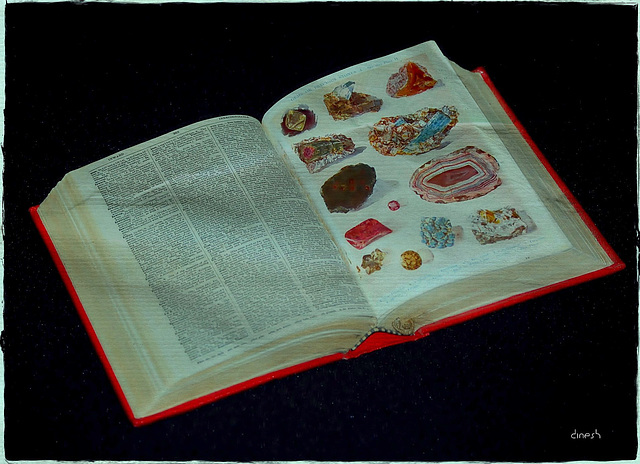From King to supplicant
This is you talking
Internet map 1024.jpg Wikipedia
LEVIATHAN
Fossil of Language
Cognitive study of Autumn colors
Memories
Thus spake Aristotle
Lesson from Locksmith
Keeping Memories
Language
Cipher as a Code & a Zero
Power of Mitrochondria
Algorithm
The Human Condition
Evolution/consequences
Aristotle
Money/Geld/dinheiro/ 貨幣/ பணம்/ деньги/ অর্থ/ เงินต…
Samskrata ~ Sanskrit ~ संस्कृतम्
What goes with it A or B
Manchester
A computer simulation of a network of cosmic strin…
Knock knock
Song Bird
Abandoning the Concept of Free Will
Language
When is piece of matter said to be alive?
Squeegee Men
Social to the core
Mothers of Invention
The Elephant in the Boa Constrictor
Black Swan & David Hume!!
Fig.8-6. Apologies by political & religious leader…
Arthur Schopenhauer
J.Krishnamurthi & physicist David Bohm ~ 1984
Eratosthenes' Geodesy
"The Mystery of Consciousness"
Karl Marx
Thomas Hobbes 1588-1679
See also...
Keywords
Authorizations, license
-
Visible by: Everyone -
All rights reserved
-
112 visits
The Crisis of Print


In the parade of progress, stationary telephone systems were not left behind. During the 1990s, the cornucopia of technical advancement was spilled over all of us. A gentle voice, conducted by a technology-driven, cost-cutting management, usually starts with the heartwarming affirmation, “Your call is important to us. Please hold while we ignore it.”
That is, of course, only overture.
“To listen to our 112 menu items press 1. for the latest running total of the numbers of customers who say they would rather than do business with us again, press 2. for someone who is very nice person but doesn’t have a clue, and in any case is on maternity leave, press 3.”
After 11 minutes and 33 second, the finale comes in a crescendo: “The person you are trying to reach is either on the other line or not in the office. Please try later.”
That rips it.
The companies call the customer king and treat him worse than a supplicant. I say get rid of voice answering systems immediately. They are offending customers and putting them in telephone hell. Replace those machines with friendly high-touch operators. The corporations will see where the real cost efficiencies can be made.
I urge any CEO whose company has a voice answering system to call his company and see whether he can get through it himself. That eye-opening exercise would hopefully trigger great entrepreneurial opportunities to create a useful customer service system tht doesn’t turn into an infuriating maze with no exit.
Again, we have to think more about the ecology of technology. ~ Page 105
That is, of course, only overture.
“To listen to our 112 menu items press 1. for the latest running total of the numbers of customers who say they would rather than do business with us again, press 2. for someone who is very nice person but doesn’t have a clue, and in any case is on maternity leave, press 3.”
After 11 minutes and 33 second, the finale comes in a crescendo: “The person you are trying to reach is either on the other line or not in the office. Please try later.”
That rips it.
The companies call the customer king and treat him worse than a supplicant. I say get rid of voice answering systems immediately. They are offending customers and putting them in telephone hell. Replace those machines with friendly high-touch operators. The corporations will see where the real cost efficiencies can be made.
I urge any CEO whose company has a voice answering system to call his company and see whether he can get through it himself. That eye-opening exercise would hopefully trigger great entrepreneurial opportunities to create a useful customer service system tht doesn’t turn into an infuriating maze with no exit.
Again, we have to think more about the ecology of technology. ~ Page 105
- Keyboard shortcuts:
Jump to top
RSS feed- Latest comments - Subscribe to the comment feeds of this photo
- ipernity © 2007-2024
- Help & Contact
|
Club news
|
About ipernity
|
History |
ipernity Club & Prices |
Guide of good conduct
Donate | Group guidelines | Privacy policy | Terms of use | Statutes | In memoria -
Facebook
Twitter

De Strat’s complaints were partly conventional. The flood of cheap books, he argued, was corrupting morals. The printers themselves were uncultured men. The refined scribe recoiled from the thought of his beloved books now being produced by ink-stained artisans, rootless servants and drunken foreigners. The only good thing that could be said for print was that these guzzling workmen had at least increased the income from wine tax. But De Strata also articulated fears that stuck a chord with many of the elites that had thus far sustained the new technology: that a flood of cheap books encouraged the wrong sorts of reader. ~ Page 43 (The Book in the Renaissance by Andrew Pettegree)
Sign-in to write a comment.